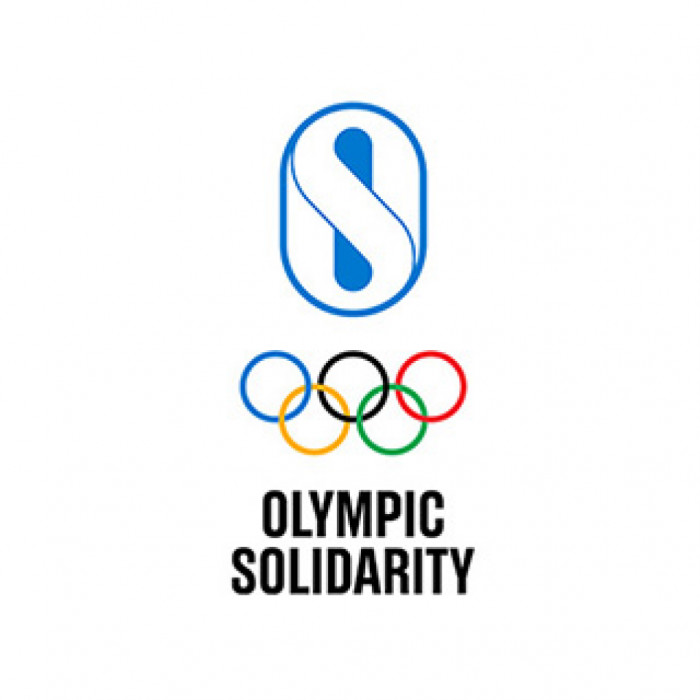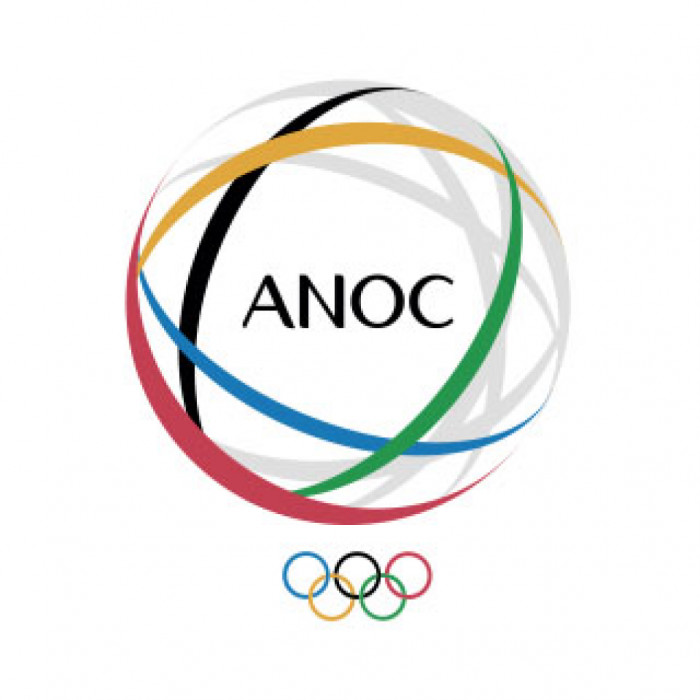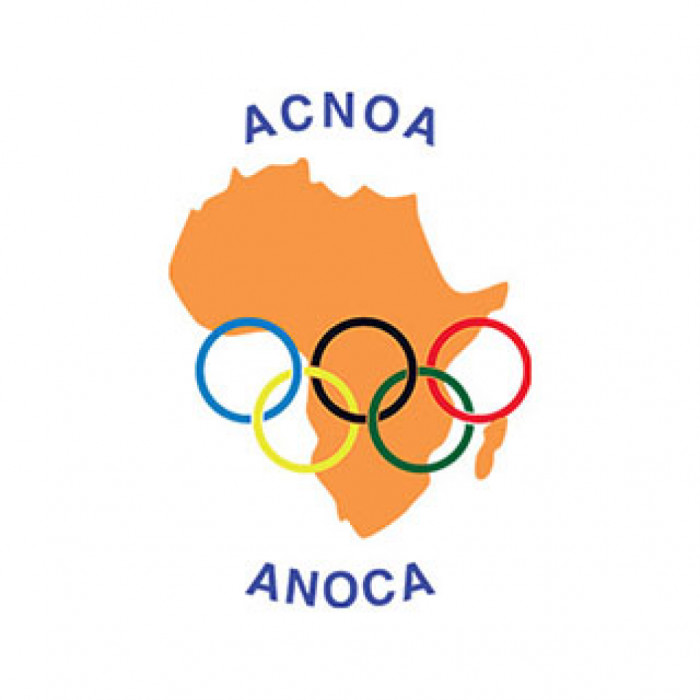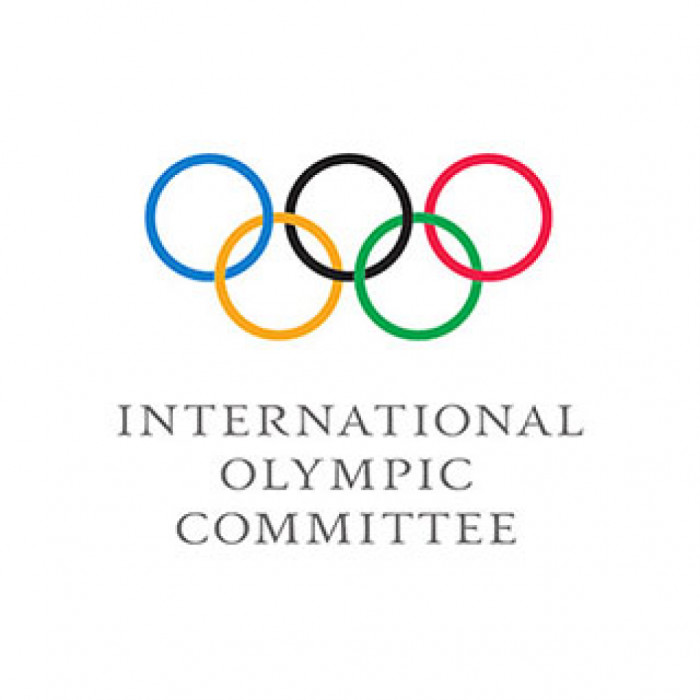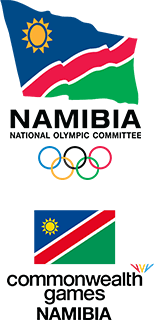Anti-Doping Education

ADEL offers a range of education courses and information resources that can be used to support the delivery of an education program.
On ADEL you can find:
- eLearning
- Resources for athletes
- Resources for athlete support personnel
- Quizzes
- Videos
- Webinars
- And more
Register and Sign in here: ADEL EDUCATION PLATFORM
Test your knowledge about anti-doping with WADA’s Play True Quiz by clicking on this sticker:
Supplements and their Risks

Supplements refer to any of the products sold as "dietary or nutritional supplements", "health supplements", or "sports supplements".
What you need to know about supplements:
There's an alarming increase in the number of supplements resulting in harmful side effects (medical problems and fatalities) as well as positive drug tests in youth and adults alike (locally and globally).
Proper scientific analysis of products often reveal the extent of false claims of efficacy, the presence of harmful and/or banned substances not listed on the label or incorrect dosages.
There is a lack of legislation and governance in the supplement industry - products can be advertised and sold with misleading claims, incorrect labelling, and lack of scientific grade evidence of efficacy and safety.
Despite the marketing hype and product claims, the fact remains that the majority of supplements on the market have not been tested according to proper scienfitic and objective standards, and their claims of superiority, efficacy and safety cannot be guaranteed.
Be aware that supplement manufacturers and retailers (including pharmacies) may indeed claim that their product is 'scientifically tested' or 'safe', but at closer inspection the evidence may be insufficient, irrelevant, misinterpreted, not applicable to youth, or in the worst, fabricated.
Claims that the product is 'natural' or 'herbal' does not necessarily mean that it is harmless and cannot get you banned.
Many herbal components can have potent harmful side effects, can lead to harmful interactions with other herbals or medications, and/or lead to a failed drug test.
Vitamnins, minerals, and anti-oxidants from supplements can more easily reach levels that exceed safety limits, which can cause negative health effects and block important training adaptations that will negatively affect your sporting performance.
Even apparently 'harmless' dietary supplements like vitamin and mineral supplements and protein shakes have been found to be contaminated with harmful and / or banned substances that are not declared on the label.
Be aware of false claims like ‘WADA’ (World Anti-Doping Agency) or ‘SAIDS’ (SA Institute for Drug-Free Sport) ‘approved’. Due to the known / unknown risks involved, WADA, SAIDS or any other anti-doping agency would never approve or endorse supplements. We advise athletes to take great caution when using any type of supplement.
How to minimise the risks:
A registered dietitian who specialises in sports nutrition can help you identify and implement a scientifically-proven nutritional and supplement programme based on:
1) Firstly, optimising your overall dietary intake, in a practical way that suits your needs and circumstances, and then secondly, assessing whether you need/could benefit from supplementation, then,
2) The type and amount of supplementation should be individualised to ‘fill the gaps’ if/when needed, it should be appropriate to complement your training and competition, rest and recovery goals.
3) The choice of supplement(s) should be critically evaluated – whether it has sound scientific proof with direct, supportive and well-executed research showing its effectiveness and safety for that individual; aspects of the product manufacturing process should be investigated to help identify low-risk supplements.

